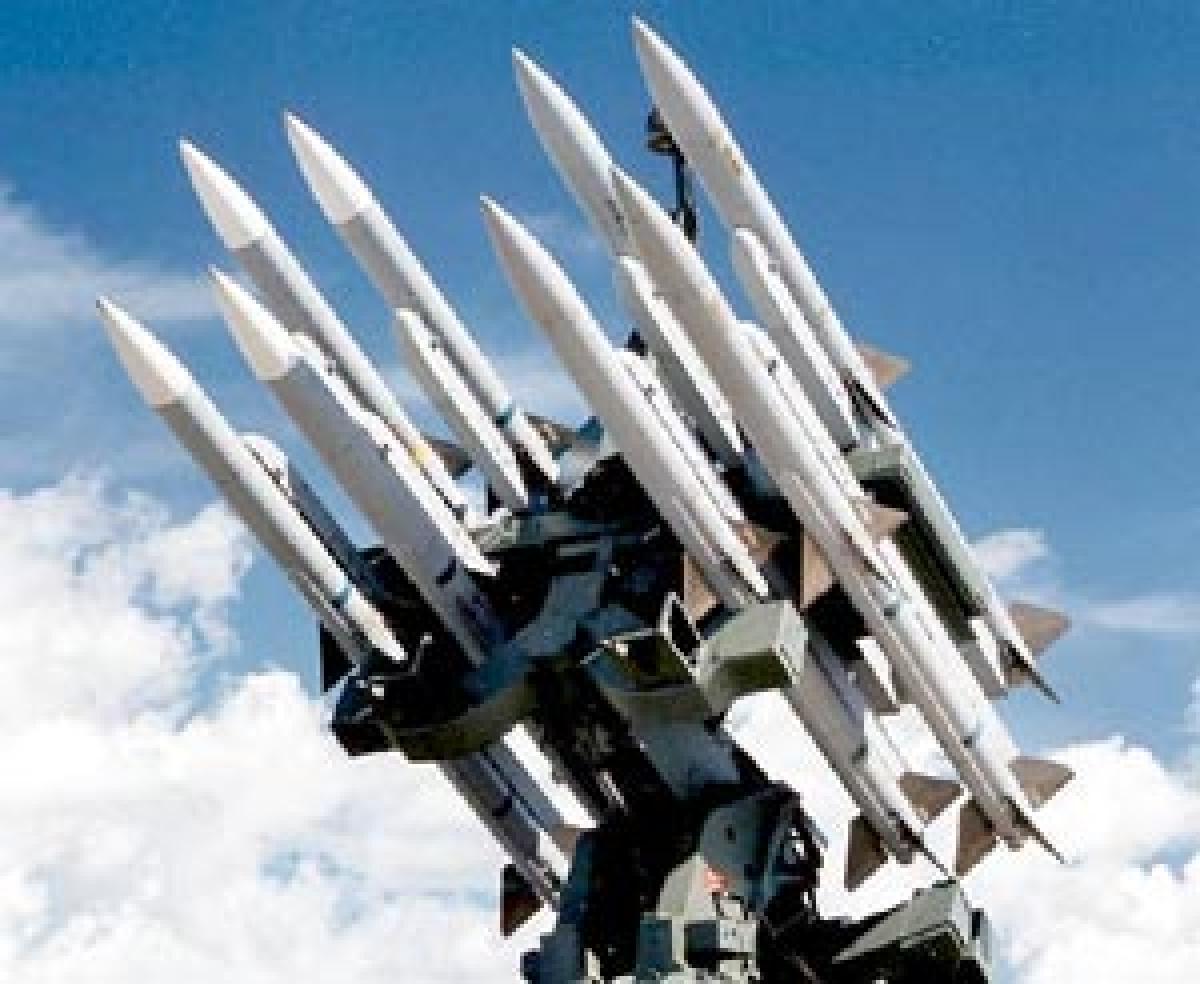Live
- Independent candidate slaps election official
- SC parked Yogi’s bulldozer in garage forever: Akhilesh
- No ‘blame game’ over pollution issue: Mann
- 3 Odisha Police officers get ‘Dakshata’ award
- Punjab To Rebrand Aam Aadmi Clinics Following Central Funding Dispute
- First inscribed ‘Sati Shila’ of Odisha deciphered
- India-China Defence Ministers To Meet Following Historic LAC Disengagement Deal
- NBW against ex-BJD MP, 5 others in tribal murder case
- Combing operations on against Maoists, weapons recovered: HM
- Delhi's winter action plan: Govt to set up 250 tents for homeless individuals
Just In

India has cleared the final hurdle to join the Missile Technology Control Regime (MTCR), a key anti-proliferation grouping.
India has cleared the final hurdle to join the Missile Technology Control Regime (MTCR), a key anti-proliferation grouping. A deadline for members of the 34-nation group to object to India's admission expired on June 6 without any of them raising objections. Under this so-called 'silent procedure', India's admission follows automatically.
Admission to the MTCR would open the way for India to buy high-end missile technology, also making more realistic its aspiration to buy state-of-the-art surveillance drones such as the US Predator, made by General Atomics. India can also export arms such as a supersonic cruise missile, the Brahmos, developed in a joint venture with Russia.
The Missile Technology Control Regime (MTCR) was established in April 1987 by the G7 countries: Canada, France, Germany, Italy, Japan, Great Britain, and the United States. The MTCR was created in order to curb the spread of unmanned delivery systems for nuclear weapons, specifically delivery systems that could carry a minimum payload of 500 kg a minimum of 300 km.
No formal meeting is required for India to complete its entry into the missile control group, which was set up in 1987 to limit the spread of unmanned systems capable of delivering weapons of mass destruction. The MTCR is one of four international non-proliferation regimes that India which in recent decades has gone from being a non-aligned outsider to a rising nuclear-weapons power has been excluded from.
New Delhi has also applied to join the Nuclear Suppliers Group (NSG), a 48-nation club that governs trade in commercial nuclear technology and was originally set up in response to India's first atomic weapons test in 1974. Since its establishment, the MTCR has been successful in helping to slow or stop several ballistic missile programs, according to the Arms Control Association: “Argentina, Egypt, and Iraq abandoned their joint Condor II ballistic missile program. Brazil, South Africa, and Taiwan also shelved or eliminated missile or space launch vehicle programs.
Some Eastern European countries, such as Poland and the Czech Republic, destroyed their ballistic missiles, in part, to better their chances of joining MTCR.” In October 1994, in order to make the enforcement of MTCR Guidelines more uniform, the member states established a “no undercut” policy, meaning if one member denies the sale of some technology to another country, then all members must adhere.

© 2024 Hyderabad Media House Limited/The Hans India. All rights reserved. Powered by hocalwire.com







